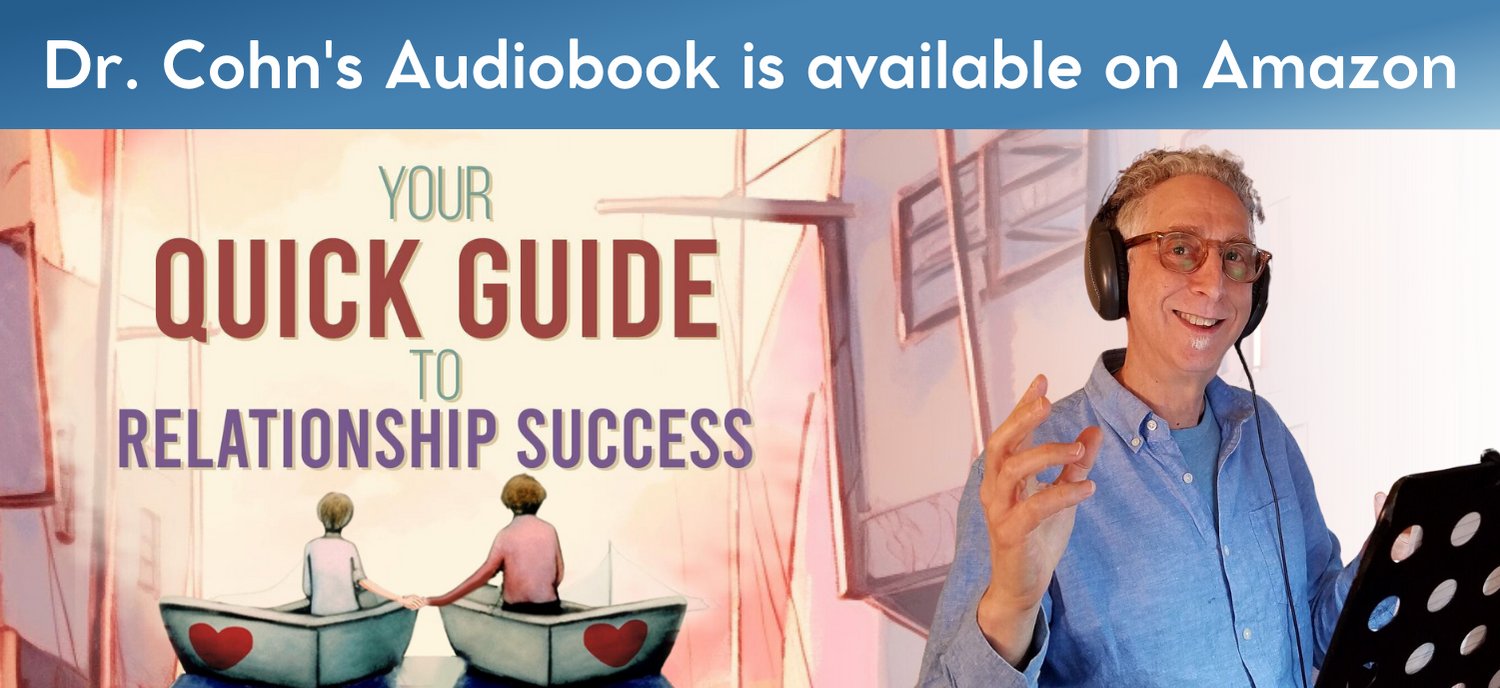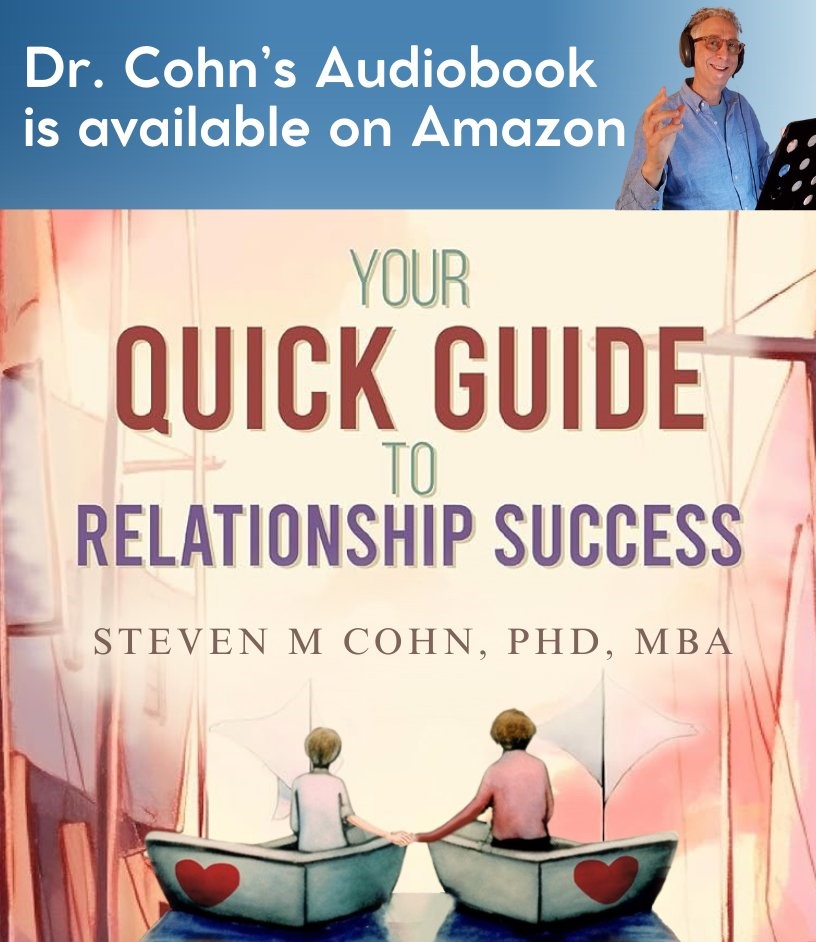- Home
- Virtual Couples Therapy
- Does Virtual Therapy Work
Does Virtual
Therapy Work? Exploring the Efficacy of Online Mental Health Services
Introduction
In recent years, the fields of individual counseling and marriage and relationship counseling have witnessed a significant shift towards virtual therapy as an alternative to traditional in-person therapy sessions. With the advent of digital technology, individuals seeking mental health support can now access therapy from the comfort of their own homes. However, a crucial question arises: Does virtual therapy work? This article aims to delve into the efficacy of online mental health services, discussing the advantages and other considerations.
Advantages
of Virtual Therapy: Does Virtual Therapy Work
1. Accessibility: Virtual therapy offers unprecedented accessibility, removing barriers such as distance, transportation, and mobility issues. Individuals in remote areas (such as Ashland, Oregon or Bend, Oregon, for example) or those with physical disabilities can access mental health services without facing logistical challenges.
2. Convenience and Flexibility: Online therapy eliminates the need for commuting, allowing clients to schedule sessions at their convenience. This flexibility is particularly beneficial for individuals with busy schedules, caregivers, or those uncomfortable with face-to-face interactions. So if a couple lives in West Linn, Oregon and their therapist is located across town, the couple doesn’t have to waste time or money possibly being stuck in traffic or having to wait in a crowded waiting room.
3. Anonymity and Reduced Stigma: Some individuals may find it easier to open up about their mental health struggles in a virtual setting, as the anonymity provided can reduce the fear of judgment or stigma associated with seeking therapy. This is good news for couples needing to discuss sensitive issues related to sexuality or infidelity.
4. Expanded Reach: Virtual therapy opens doors to therapists worldwide, allowing clients to select from a diverse pool of professionals with specialized expertise. This expanded reach increases the likelihood of finding the most suitable therapist for an individual's unique needs. Couples in Salem, Oregon or Medford, Oregon or Lake Oswego, Oregon can easily and quickly work with a couples counselor in Portland, Oregon.

Research on
Efficacy
1. Numerous studies have investigated the effectiveness of virtual therapy, with several indicating positive outcomes. For example, a 2020 review of 36 studies found that virtual therapy interventions were effective in reducing symptoms of depression and anxiety (1). In many cases, the question of does virtual therapy work was answered.
2. A randomized controlled trial conducted in 2018 compared virtual therapy to in-person therapy for treating depression. The study found that both modalities yielded similar outcomes, suggesting that virtual therapy can be as effective as traditional therapy (2).
3. A study published in the Journal of Affective Disorders in 2021 demonstrated that virtual cognitive-behavioral therapy (CBT) was as effective as in-person CBT for reducing symptoms of post-traumatic stress disorder (PTSD) (3).
4. Online interventions, such as guided self-help programs, have also shown promise in addressing various mental health conditions. A meta-analysis of 20 studies revealed that online self-help interventions were effective in reducing symptoms of depression and anxiety, particularly when guided by a therapist (4).
Other Considerations
1. Technological Challenges: Reliable internet connection, minimal technical proficiency, and access to suitable devices are essential for successful virtual therapy. In our current environment these challenges are easily overcome by most people seeking online therapy. Technological limitations or disruptions can hinder the therapeutic process, making it crucial to address these factors before engaging in online sessions.
2. Nonverbal Cues: In virtual therapy, it’s important to have the individual client or the couple sit far enough from the computer screen so that you can see not just their fact, but also their body. When this is accomplished, virtual therapy is in most respects no different from in-office therapy.
3. Ethical Concerns and Confidentiality: Ensuring the confidentiality and privacy of online therapy sessions is important. Both therapists and clients must use secure platforms and adhere to ethical guidelines to maintain privacy. It is important to discuss these concerns with the therapist or couple’s counselor and choose a reputable virtual therapy provider.
4. Suitability for Complex Cases: Virtual therapy may not be suitable for individuals with severe mental health conditions. In such cases, in-person therapy or a combination of virtual and in-person sessions may be more appropriate.
Conclusion
Virtual therapy has emerged as a viable and effective option for individuals seeking mental health support. Its accessibility, convenience, and positive research outcomes make it a valuable tool in addressing various mental health conditions. By understanding these considerations and making informed choices, individuals can harness the potential of virtual therapy to enhance their well-being.
Footnotes
1. Sucala, M., Schnur, J. B., Constantino, M. J., Miller, S. J., Brackman, E. H., & Montgomery, G. H. (2020). The efficacy of technology-based interventions for psychological outcomes: a meta-analysis. Journal of Technology in Behavioral Science, 5(4), 326-337.
2. Thase, M. E., Wright, J. H., Eells, T. D., Barrett, M. S., Wisniewski, S. R., Balasubramani, G. K., ... & O’Reardon, J. P. (2018). Improving the efficiency of psychotherapy for depression: computer-assisted versus standard CBT. American Journal of Psychiatry, 175(3), 242-250.
3. Sloan, D. M., Gallagher, M. W., Feinstein, B. A., Lee, D. J., Pruneau, G. M., & Feinstein, B. A. (2021). Randomized trial comparing in-person and telemedicine delivery of cognitive processing therapy for PTSD. Journal of Affective Disorders, 292, 554-562.
4. Richards, D., Richardson, T., Timulak, L., McElvaney, J., & Vigano, N. (2015). The efficacy of internet-delivered treatment for generalized anxiety disorder: a systematic review and meta-analysis. Internet Interventions, 2(3), 272-282.
Share
Follow

Steven M Cohn, PhD is honored to have been featured on CNBC.com.

Steven M Cohn, PhD is pleased to have been featured on Koin 6 Television: "Boost In The Bedroom."

Steven M Cohn, PhD is pleased to have been featured on both KATU.com and KATU Channel 2 Television.

Steven M Cohn, PhD is pleased to have been featured on Oregon Live "Why Oregon's Latest Divorce Statistics May Be Divorced From Reality"

Steven M Cohn, PhD, MBA, LMFT has been named one of the top three marriage counselors in Portland, Oregon three years in a row by the non-profit organization Three Best Rated




